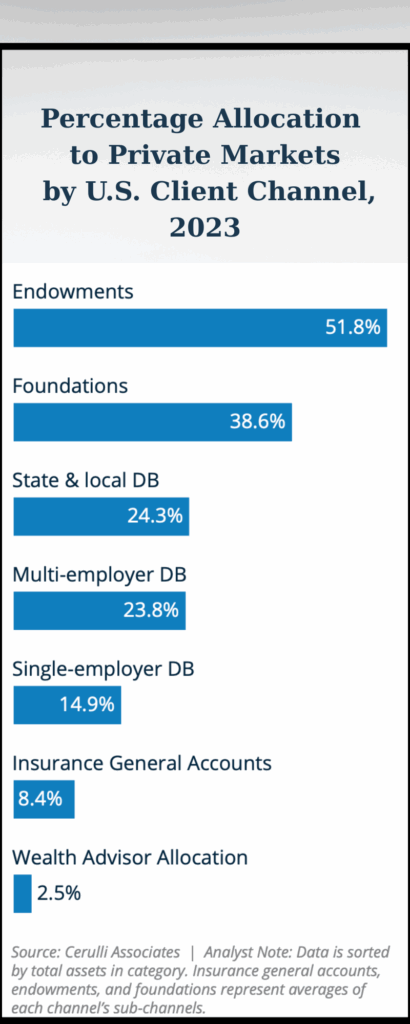Just 31% of American workers with non-mortgage debt reported they were saving for retirement outside the workplace compared to 69% of workers without non-mortgage debt, according to a LIMRA survey. Non-mortgage debt includes car loans, student loans, credit card debt and home equity loans.
“Consumer debt is at an all-time high,” the life insurance industry organization reported. “As of the fourth quarter of 2017, the total household consumer debt reached $13.2 trillion.” About seven in 10 American workers currently hold non-mortgage debt and it is negatively affecting their confidence and ability to save for retirement.
Millennials with non-mortgage debt are the least likely to be saving for retirement outside of the workplace. Only 20% of Millennials and 34% of Generation X that have non-mortgage debt save for retirement outside of where they work. That percentage increases to 55% for Baby Boomers.
Millennials and Generation X workers might feel less motivated to save outside the workplace because of their non-mortgage debts. Non-mortgage debt not only increases negative feelings towards saving for retirement, but it also impacts American workers’ sentiment about debt. LIMRA finds that six in 10 American workers with non-mortgage debt say paying down debt negatively impacts their efforts to save for retirement and half feel they are spending too much of their annual income paying down debt. This is especially true for Millennials with non-mortgage debt.
Fifty-nine percent of Millennials believe they are spending too much of their income paying down their non-mortgage debt. This percentage decreases as the generations age as only 46% of Generation X and 39% of Baby Boomers felt the same.
© 2018 RIJ Publishing LLC. All rights reserved.


